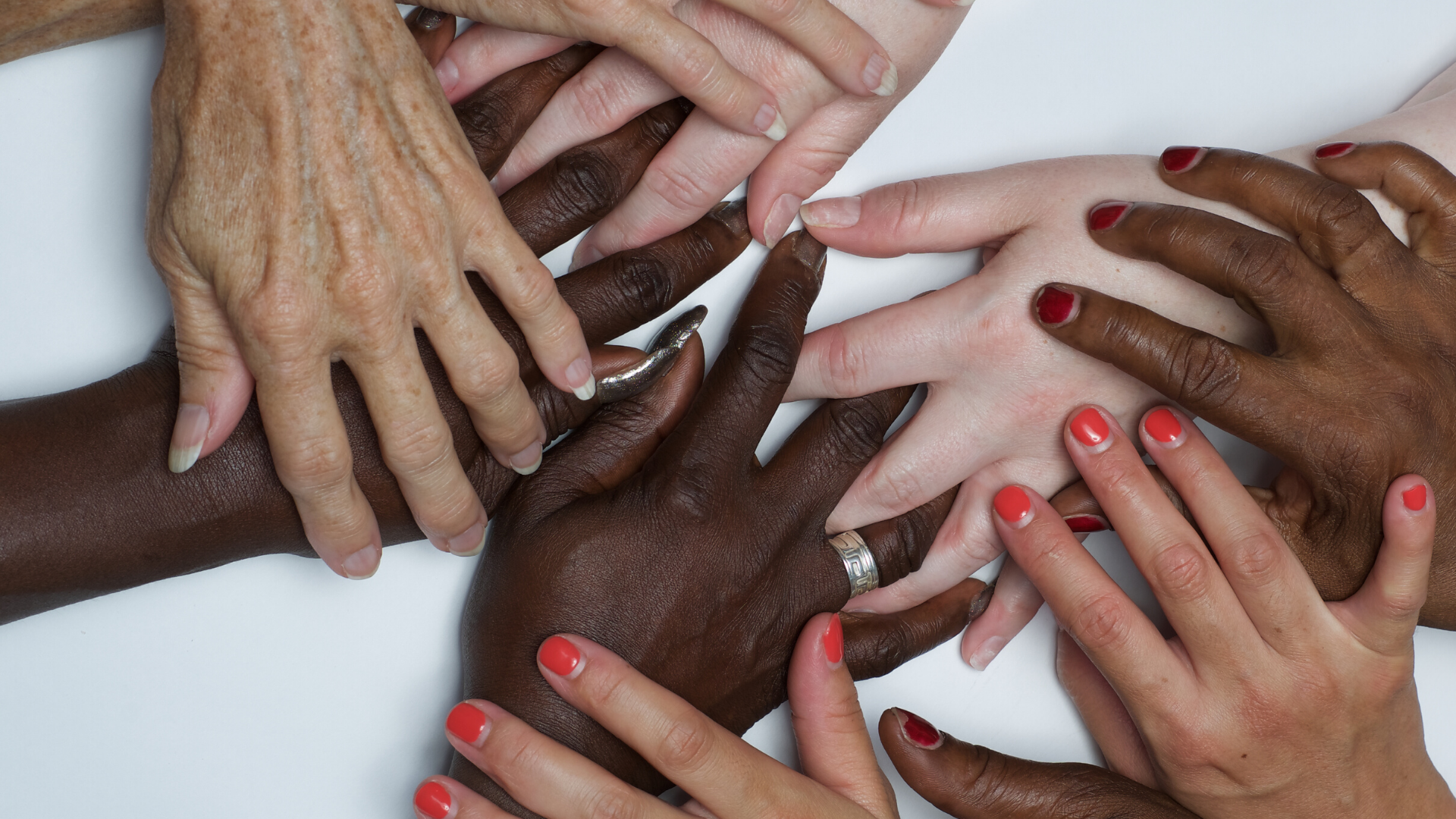Intentionally Lifting Up Diverse Voices in Classical Music
In light of the terrible events that have rocked our nation, I find myself actively listening, learning, and reflecting to become part of the solution to our problems of racial injustice. Additionally, I have begun working on ways to intentionally lift up diverse voices in classical music that is both sustained and authentic to who I am as an artist and the world that I wish to create.
Music is a catalyst that deepens our awareness of our shared humanity. However, symphony orchestras have traditionally been — and continue to be — primarily "white institutions." I have long advocated that "Art for Art's sake" (or Music for Music's sake) is not as impactful as music made in service of something greater than itself. I believe that now is an incredible moment for symphony orchestras to embrace how our music-making can stand for something more significant by lifting up voices that have all too often been marginalized. But what can we do, and how can our actions and music-making have a positive impact on furthering racial disparities in classical music?
Kudos to my alma mater, the Manhattan School of Music, for their commitment that every performance in the 2020-21 academic year will include music by a Black composer. During my education at MSM (MM 2010), I was well served to get to know many works by living female composers, which has impacted my programming and curation of concert seasons for thousands of appreciative symphony goers. I know that this commitment will serve their students well.
While I think that Affirmative Action plays a role in music, musical institutions also play a role in engaging and developing the talent of younger generations of diverse musicians. There are critical components for this to be realized: These include getting instruments into the hands of these children, private music instruction, engaging parents, and participating in school and youth orchestras. Yes, this is a long term investment, but it can transform people's lives and the future of classical music.
It is no secret that the type of diversity that we all wish to see in our audience will only be possible when our diverse community sees themselves reflected in the musicians onstage. Until then, I will continue my commitment to listening, learning, and organizing for authentic and sustainable ways to lift up diverse voices in classical music.
